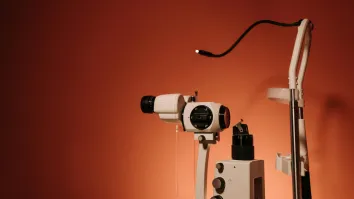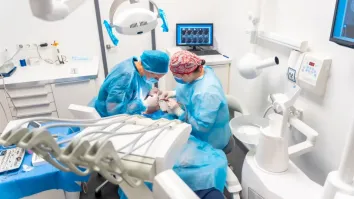
China's internet hospitals to grow rapidly as silver population balloons
Medical firms will partner with internet companies for online diagnostic services.
State Council endorsement of internet hospitals will accelerate growth in the fast developing online medical services market. Medical institutions will partner with internet companies to offer online diagnostic services and follow-up consultations to meet the rapidly rising demand for healthcare and alleviate the problem of inaccessible and expensive public health services exacerbated by ageing demographics, according to BMI Research.
The State Council has given the green light to internet hospitals. According to a policy agreed at a State Council executive meeting chaired by Premier Li Keqiang on April 12, medical institutions will be allowed to provide online diagnostic services for some common and chronic diseases in patients' follow-up visits to their doctors.
Here's more from BMI Research:
The top two levels of hospitals within the country's three-tier system will be encouraged to provide online services, including consultations, reservations and test result inquiries.
The initiative forms part of the Internet Plus healthcare policy and a broader strategy of using smart technology to counter increasing medical personnel shortages.
The National Health Commission (NHC) will develop guidelines for online medical services and draw up regulations for running internet hospitals. At a policy briefing on April 16, an NHC official indicated that patients with certain chronic conditions would be allowed to have hospital follow-ups via the internet with doctors they had previously seen in person.
The Internet Plus healthcare policy aims to establish healthcare consortia to promote co-operation between hospitals and community clinics and to connect medical institutions in the more developed Eastern China with underdeveloped areas in Central and Western China.
In October 2017, the State Council announced that all major public hospitals must actively participate in developing partnerships with other medical institutions including community clinics to co-ordinate technical support and resource sharing. Private medical care facilities, elderly care and rehabilitation centres will also be encourage to joint these partnerships to provide integrated care.



















 Advertise
Advertise





